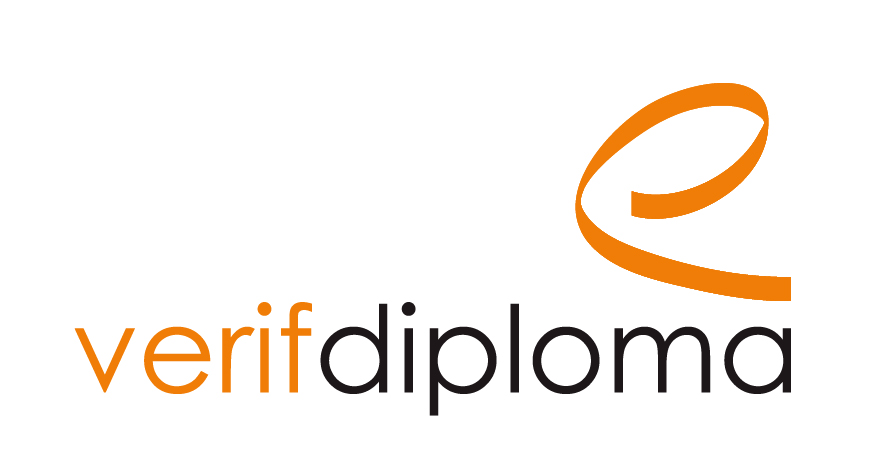Course Content
Master in International Finance
Benefit from the optimal combination of content taught by the world-renowned finance faculty of HEC Paris and leaders in the finance industry. During the Fall 1 term (first six weeks), you will follow your core courses in either the Accelerated Track (if your previous academic degree is in economics, engineering, mathematics, or sciences) or the Business Track (if you already hold a business or management degree). During the Fall 2 term (second six weeks) you will follow either the Capital Markets or Corporate Finance specialization based on your declared choice during your application.
In the Spring, you will take advanced core courses plus nine electives among more than 30 on offer (some restrictions apply). Various workshops and events are offered throughout the academic year: the Hi!Paris Data Bootcamp, Hi!Paris Hi!ckathon, the London Study Trip, workshops on CV reviews and interview skills, plus on-campus job-fairs. You will also do one of the ten HEC Paris Certificates and write a Research Paper.
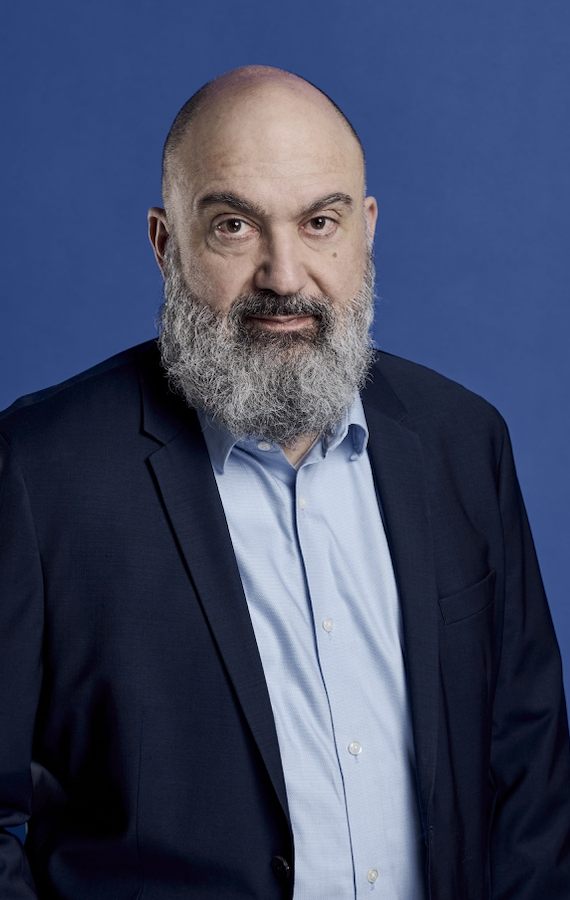
The Master in International Finance (MIF) program provides students with in-depth knowledge of finance through rigorous coursework that lasts nine months and emphasizes critical thinking. The program requires that students make an ex ante choice to specialize in either Capital Markets or Corporate Finance given their professional aspirations. If you were accepted into the program in Capital Markets, it does not necessarily mean that you would have been accepted in Corporate Finance.
Moreover, MIF students are required to write a research paper, follow one of the ten HEC Paris Certificates on offer, and acquire professional experience through a four-month long internship. We provide our students with the skills necessary for their internship/job search through seminars and workshops given throughout the academic year. Class attendance is mandatory over the whole duration of the MIF program, which is not compatible with part-time work.
The MIF’s content amounts to 120 European Credit Transfer System credit hours that are obtained through coursework (65 ECTS) that takes place between September and April, a certificate (15 ECTS) that is attended in May, a research paper (20 ECTS) written during the academic year, and four- to six-months of professional experience (20 ECTS) gained through an internship (and/or full-time employement) starting in June or July.
MIF’s coursework is spread over four 6-week long half-semesters and additionally includes a series of online and in-person workshops:
In September, prior to the start of classes, in-coming students are offered a series of in-person/face-to-face workshops on our campus explaining in detail the different aspects of finance jobs, how to navigate the job market, how to refine CVs and cover letters for internship applications, and how to improve your interview techniques. The highlight of the pre-coursework preparation is the London Study Trip when all the MIF cohort visits the City of London and its myriad of financial institutions. Students also need to participate in at least one of the two (online and/or in-person) workshops offered by Hi! Paris in August and/or November, which cover the basic principles of data science through engaging projects that are carried out in small groups but do not necessarily require advanced programming skills. An online introductory Python programming course is also offered (in line with the M1-year curriculum at HEC Paris and the finance industry standards).
During the Fall 1 term (that runs from mid-September to end of October) MIF students take their Core Courses via the Accelerated Track or the Business Track:
The Accelerated Track (AT) is designed for students who have studied economics, econometrics, engineering, mathematics, or other areas of basic or applied sciences at a top university but who don’t have what we require as the necessary academic background in finance and financial accounting. Students who follow the AT take longer classes in corporate finance, securities markets, and financial accounting that bring them to the intermediate level in these subjects so that they can successfully follow the MIF curriculum.
The Business Track (BT) is designed for students who obtained a business or management degree prior to joining the MIF, and have already had the introductory coursework in finance and financial accounting. BT students take intermediate level classes in corporate finance, securities markets, financial statement analysis, and international finance.
AT or BT courses cannot be waived. The fact that students follow their Fall 1 term core courses through either the Accelerated or Business Track has no bearing of any kind for what follows in the MIF program or regarding the career opportunities thereafter. It’s the MIF academic directors who decide which student needs to follow which track (and can overrule the student’s initial request).
During the Fall 2 term that takes place during November-December, MIF students take their Specialization in either Capital Markets or Corporate Finance, depending on the choice that they had expressed in their application (this choice is binding and cannot be changed ex post). Each specialization involves six area-specific courses (one of which is taken in the Spring), including an Empirical Methods course that requires intermediate level Python programming knowledge. Specialization courses cannot be waived based on prior coursework.
During the Spring 1 (January-February) and Spring 2 (March-April) terms, the MIF students need to take two Advanced Core Courses (Behavioral and Sustainable Finance and Economics of Financial Regulation). They also have to sign up in the Fall for nine Elective courses among 30+ on offer: four of these nine electives need to be in the student’s chosen Specialization, one elective needs to be one of the “AI & Finance” courses offered by the MIF, and the remaining four are unrestricted electives (that said, certain electives may not be available due to scheduling conflicts and seat restrictions). The chosen electives cannot be dropped or waived due to prior courses taken.
From October, the students are also enrolled in the workshop for the Research Paper that they need to write in pairs under the supervision of an HEC Paris faculty member. The Research Papers need to be submitted by the beginning of June, and defended in the second half of June.
During the month of May the MIF students are required attend one of the ten HEC Paris Certificates on offer. The academic director of each certificate decides who is admitted into their program given the preferences indicated by the students in the Fall. The students are also required to fulfill their professional experience requirement through a four-month internship or full-time position in the finance industry or in consulting. It’s the students responsibility to provide the internship/FT-employment related documentation with HEC Talents in order to obtain the 20 ECTS credits that are part of the diploma requirements.
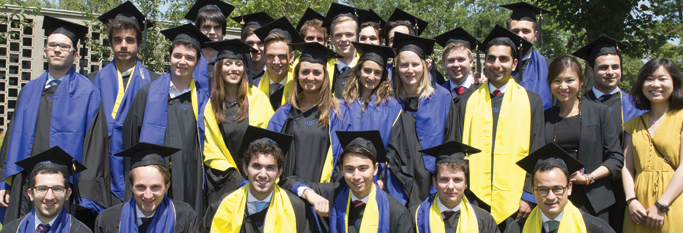
By the end of this program you will:
- have an in-depth knowledge of the asset management profession, the myriad of financial contracts that are created, structured, priced, and traded in various financial markets, the state-of-the-art portfolio management methods used by various types of asset managers including hedge funds;
- have an in-depth knowledge of the investment banking professions, ranging from sales to structuring, from IPOs to M&As, operations of PE to VC funds;
- not only understand the drivers of the asymmetric-information and incentives-driven problems encountered in the financial services industry but also how they interact with the financial regulation that is imposed to mitigate them;
- learn the actual tools used to evaluate the financial performance of corporations, how to assess the risk-return trade-off involved in financial investment decisions , calculate value-added by corporate financial transactions and learn how investment bankers come up with their recommendations for them;
- learn the latest developments at the cross-roads of information technologies (AI, Big Data, Blockchains) and their applications in the finance, such as financial decision making, asset management, or cryptocurrencies.
- Exams, homework, quizzes, exercices
- Case studies
- Business and role-playing games
- Online/in-person group projects
- Presentations, pitches
- Master Research Paper
The MIF coursework (worth 65 of the 120 ECTS needed for the degree), including various workshops, is taken during the period from September to April (that said, some of the online courses and workshops are scheduled during the month of August that precedes the start of the program).
* Please note that the coursework listed below is subject to change without any prior notice at the discretion of the Academic Directors.
- Basics of Python Programming (online, asynchronous teaching)
- Hi! Paris Data Bootcamp**: online or in-person and by level (Introductory (no Python programming skills) or Intermediate (some Python knowledge)) during the 3rd or 4th week of August
- Hi! Paris Hi!ckathon** (online once per week and in-person one weekend, no advanced programming skills required)
- London Study Trip**
** two out of the three workshops above are mandatory for each MIF student
- CV & Cover Letter Workshops
- Data Resources for Academic or Industry Research
- Jobs in Finance – Capital Markets
- Jobs in Finance – Corporate Finance
- Preparation for IB Applications
- Finance Consulting Positions
- Research Paper Workshop
For the Accelerated Track (AT):
- Corporate Finance 1&2
- Securities Markets 1&2
- Financial Accounting & Reporting
For the Business Track (BT):
- Corporate Finance 2
- Securities Markets 2
- Financial Statement Analysis
- International Finance
Capital Markets:
- Empirical Methods for Capital Markets
- Financial Engineering
- Fixed Income and Money Markets
- Quantitative Asset Management
- Securities Markets 3
- Bond Portfolio Management (taught in the Spring)
Corporate Finance:
- Corporate Finance 3
- Empirical Methods for Corporate Finance
- Financial Modeling 1 and 2
- Fixed income and Money Markets
- Mergers and Acquisitions
- Derivatives (taught in the Spring)
*** The availability and the timing of the courses listed below are subject to change at the discretion of the academic directors of the program without prior notice.
Advanced Core Courses: ****
- Behavioral and Sustainable Finance
- Economics of Financial Regulation
**** Mandatory for all students
Capital Markets Electives:
- Algorithms, Data & Trading
- Blockchain
- Numerical Analysis
- Data Analysis in Finance
- Foreign Exchange Derivatives Trading
- Exotic Products & Structuring 1
- Modeling Techniques for Financial Engineering
Corporate Finance Electives:
- Advanced Mergers & Acquisitions
- Advanced Venture Capital
- Behavioral Strategy
- Corporate Finance Live: Legal & Contractual Processes
- Corporate Strategy & Financial Institutions
- Enterpreneurial Finance & Venture Capital
- Equity Capital Markets
- Financial Dimension of Strategic Decisions
- Impact Investing PE
- Investor Relations
- Private Equity & LBO
- Structured Finance
AI & Finance Electives:
- Introduction to Data Science & AI for Managers
- AI & Decision Making
- AI & Investment Management
- AI for Quantative Trading Strategies
- GenAI & Finance
- ML Techniques for Finance
Other Electives:
- Alternative Investments
- Energy Markets
- ESG Measurement & Reporting
- Equity Research
- Exotic Products & Structuring 2
- Intrastructure and Real Assets PE
- Sustainable & Responsible Investing
During the second week of September, all MIF students have the opportunity to participate to the London Study Trip (which generates 5 ECTS credit hours on a Pass/Fail basis). The trip offers students plenty of conferences, case studies, and presentations given by various financial institutions in the City. Organized by the HEC Paris UK House in London, this study trip also provides networking opportunities with the MIF alumni in London.
The London study trip can include company events with:
- Bank of America - Merrill Lynch
- Barclays
- BNP Paribas
- Blackstone
- Boussard & Gavaudan
- Commerzbank
- Crédit Agricole
- Exane
- Goldman Sachs
- HSBC
- Morgan Stanley
- Société Générale CIB
- Thomson Reuters
- Unicredit
- ...
- Master in International Finance students must write a research paper (that generates 20 of the 120 ECTS needed for the degree) under the supervision of an HEC Paris faculty in finance (supervisors other than those designated by the Academic Director must be approved by the latter).
- The objective of the Research Paper is to explore how the knowledge accumulated during the coursework of the program can be used to examine an interesting research question and generate a well-structured piece of writing
- The research paper is written by pairs of students on a topic agreed upon by academic supervisor and the Academic Director of the MIF program.
- The Research Paper must involve a research question, a literature review, conjecture/hypothesis formulation, data collection, empirical testing of one or more the hypotheses, and an interpretation of the findings’ economic as well as statistical significance.
- The Research Paper must be defended in front of a Finance Department faculty member.
- The Research Paper can involve an original idea that was never tested before, or can replicate an existing paper (in part or in full) using new data. The writing must be original (i.e., must be the student-pair authors’ own text).
The professional experience requirement is satisfied when the student completes a professional experience of at least 4 months (worth 20 of the 120 ECTS needed for the degree) in an area related to their MIF coursework at HEC Paris.
Our policy at HEC Paris is that the best type of internship is a full-time job! We strongly encourage our students to look for permanent hiring as soon as the academic year starts.
As an international business school, HEC Paris welcomes students from all over the world. Almost one hundred nationalities live on the campus. It's a fantastic opportunity to discover other cultures and to share exceptional moments, and it's important that students can communicate as much as they wish.
HEC Paris Learning Center of Languages aims at helping students to learn or strengthen any language they would like, providing a wide range of I.T. and print resources.
Students do not need to speak French to enroll in the program as all core courses and all electives are offered in English. However, some knowledge of French can be useful to enjoy the full HEC experience, become professionally bicultural and optimize networking with French students and alumni.
MIF students are required to speak at least one language other than English at intermediate level upon graduation. Thus students who speak only English and no other language are strongly encouraged to attend either the Preparatory Intensive French Course in August or French Classes offered during the year.
During their studies, students may also register for a two week French language course (TEF certificate – all levels) in August. This is an exceptional opportunity to learn French before joining the Campus. Extra fees are applicable.
Certificates
Sponsored by a company, Certificates are a set of interdisciplinary courses corresponding to approximately 100 contact hours as well as business projects and other types of field work related to a given sector. Each student selected (in the 1st semester) for a certificate will be awarded an additional HEC certificate if he/she validates all the requirements of the course.
Double Degree
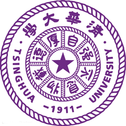 This 2-year double degree program was created in Fall 2012 in collaboration with the School of Economics and Management of the premier Chinese university, Tsinghua University.
This 2-year double degree program was created in Fall 2012 in collaboration with the School of Economics and Management of the premier Chinese university, Tsinghua University.
HEC students who want to join the double degree program need to apply during the spring term of the HEC Paris MIF.
Pre-selection will be made on the basis of academic results in the fall term and final decisions will be made after an interview with Tsinghua SEM Faculty members. Selected students will join the Tsinghua SEM Master in Finance for a second year of study and receive the two degrees: HEC Paris MIF and Tsinghua SEM Master in Finance.
The double degree program with Tsinghua SEM is the opportunity to combine strong academic training in finance offered by leading programs with a unique cross-cultural experience. Fluency in Chinese is not required. All courses can be taken in English. Any current Tsinghua students can apply for the double degree, but all other applicants must not be Chinese passport holders.
Certification
This program is accredited to grant a Master’s degree under European Standards and, by extension, are registered on RNCP (Répertoire national des certifications professionnelles)
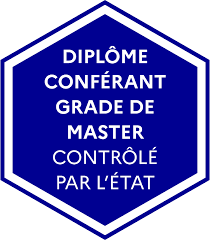
The grade of master, or master's degree, is acquired through various diplomas, officially establishes the level of training at bac + 5. It comes after the bachelor's degree (bac + 3) and precedes the doctorate (bac + 8). It is translated into a number of credits (ECTS): a student with a diploma conferring the grade of master has accumulated 300 ECTS (180 during their bachelor's degree and 120 for the master's degree) during his or her higher education studies, allowing him or her to continue on to a doctorate. Degrees were introduced in France to facilitate European mobility of students and the integration of diplomas between European countries
HEC Paris is accredited by the “Bienvenue en France” certification, by the Campus France organization and the Ministry of Higher Education, Research and Innovation for the quality of the reception of its international students. We have obtained the highest level of accreditation, recognizing the quality of HEC Paris for reception in all the criteria provided:
- The quality and accessibility of information
- Reception facilities and the integration process within school and life in France
- Academic support and availability of English-speaking staff and the teaching community
- Housing and quality of life on campus
- The quality of post-graduation follow-up and career placement
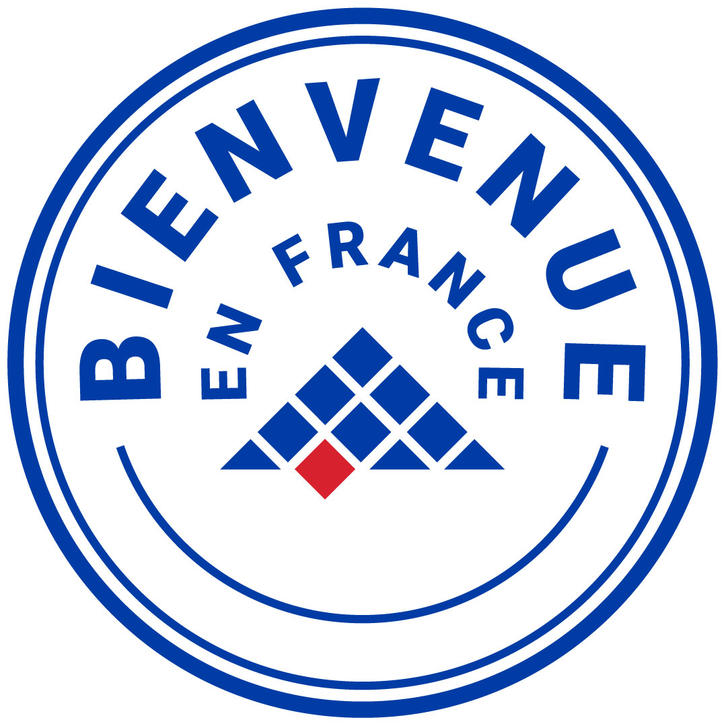
Your Degree
Disability Program for Learners
This program is adapted and open to people with disabilities.
Click here to find out more about the HEC Paris Disability Mission
Contact us : esh@hec.fr
